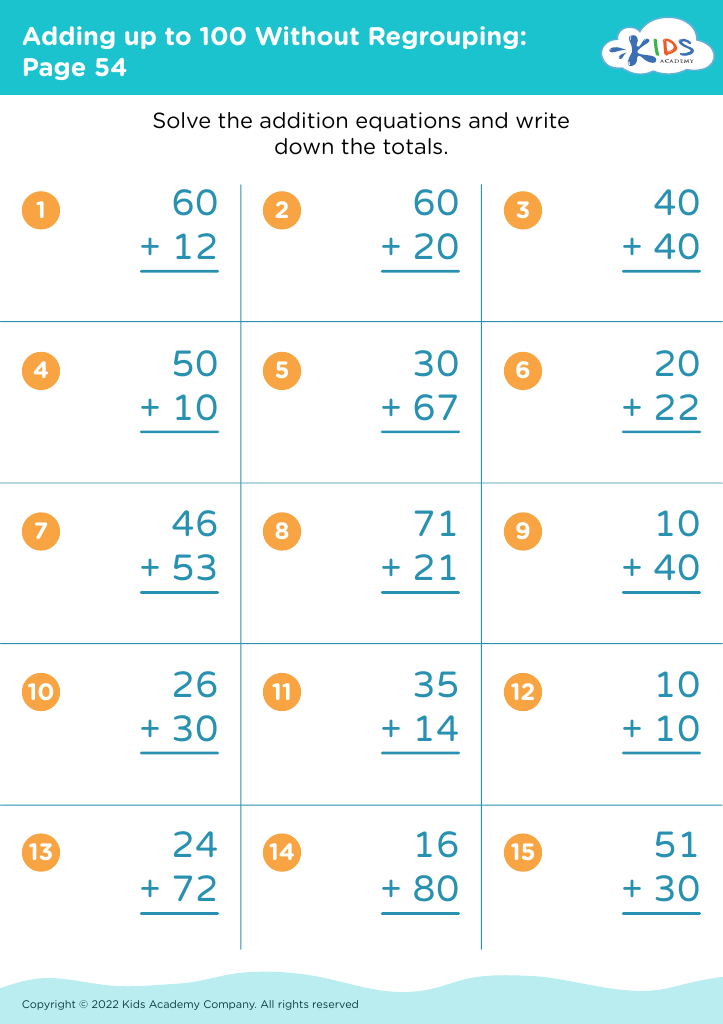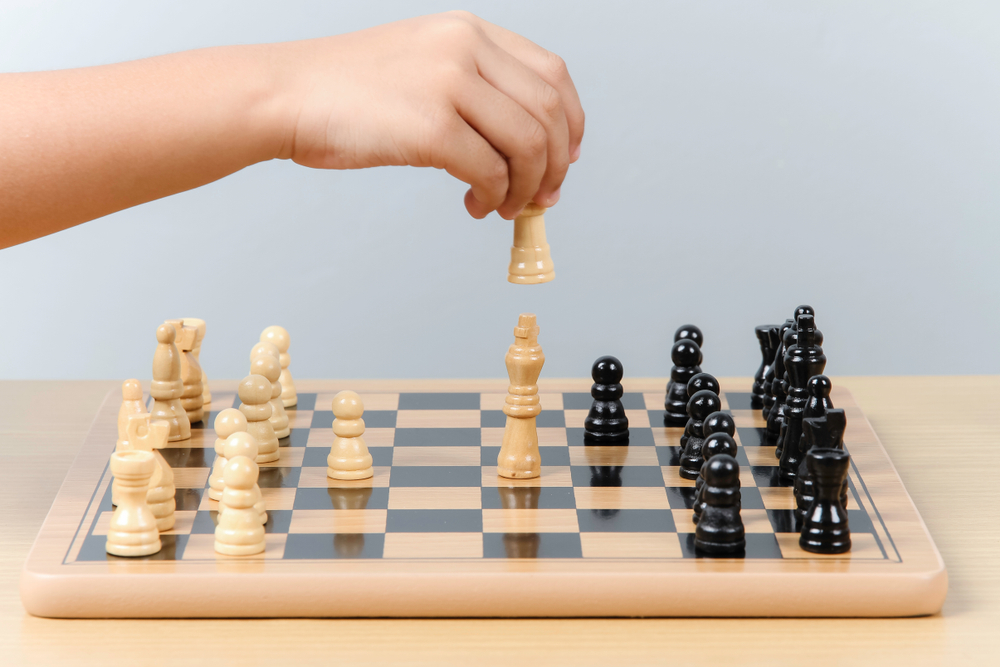Fraction conversion Math Worksheets for Ages 4-7
3 filtered results
-
From - To
Introduce young learners to the exciting world of fractions with our engaging Fraction Conversion Math Worksheets for Ages 4-7! Designed to make learning fun and interactive, these worksheets help children grasp the basics of fractional parts through games, coloring activities, and simple exercises. Perfect for preschool and early elementary students, each worksheet focuses on intuitive concepts, building a strong foundation in math. Whether at home or in the classroom, our printable worksheets ensure kids develop essential skills while enjoying their learning journey. Prepare your child to excel in math with our expertly crafted fraction conversion activities!
Understanding fraction conversion at an early age sets a strong foundation for mathematical proficiency in later years. For children aged 4-7, learning about fractions and how to convert them helps develop essential cognitive skills such as critical thinking and problem-solving. Early exposure to fractions can demystify the concept and reduce math anxiety, creating a positive attitude towards learning.
Moreover, fraction conversion integrates real-world applications making it both practical and engaging. Children encounter fractions in everyday life—whether they are slicing a cake, sharing toys, or measuring ingredients in a simple recipe—which enhances their learning experience.
For parents and teachers, focusing on this early math skill promotes numeracy and fluency, which are fundamental for advanced math topics such as algebra and geometry. By embedding fraction conversion in playful and interactive activities, adults can foster a child's curiosity and desire to explore further.
Investing time in this subject matter ensures students are not only meeting academic standards but also developing life skills such as precision and analytical thinking. As they transition to higher grades, children equipped with a strong grasp of fraction conversion are more likely to excel in school and approach complex problems with confidence. Encouraging early familiarity with fractions is a vital step toward long-term educational success.








.jpg)











